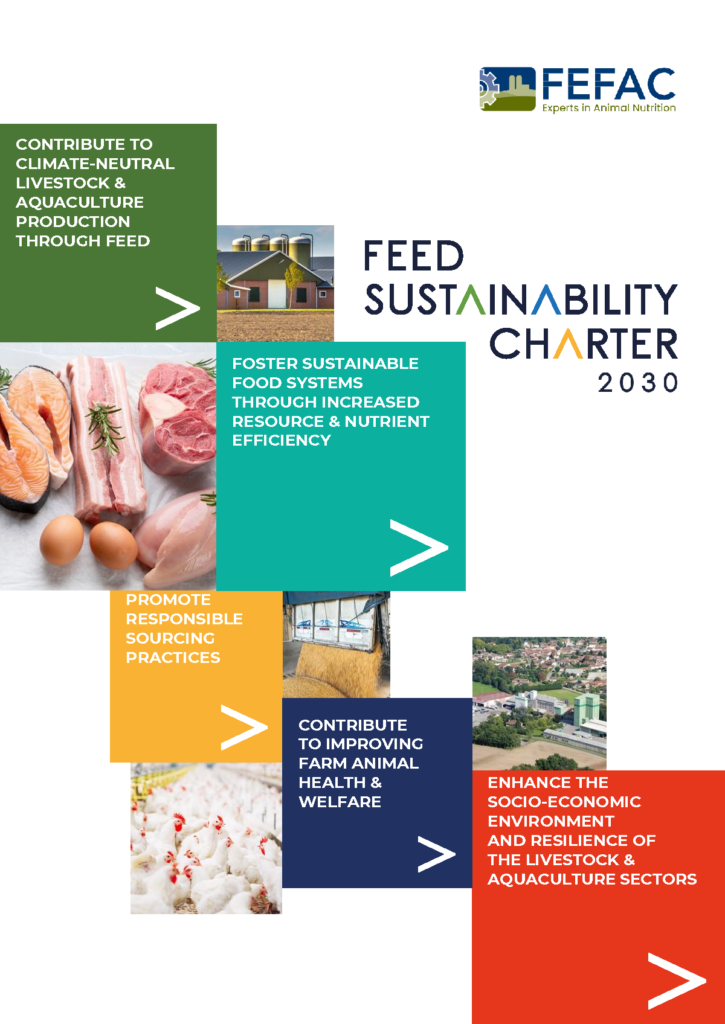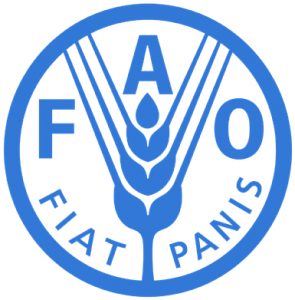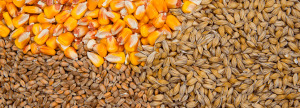 27 Oct 2022
27 Oct 2022
Agriculture plays an essential role in the production of renewable resources that meet the demands of a growing human population. Higher expectations and consumer demands on agriculture are a reality. Where the production of high-quality food products under optimal conditions have become non negotiable. Aspects like: sustainability, environmental protection, animal health and animal welfare are key points within this discussion.
With these priorities in mind, during September 2020 the European Feed Manufacturers’ Federation (FEFAC) published the Feed Sustainability Charter 2030. A second report assessing the progress so far, was published in September 2022. The charter provides an overview of how the European Feed Industry can contribute to the establishment of more sustainable livestock and aquaculture value chains.

The document underlines 5 ambitions to achieve more sustainable feed production. Including contributions to climate-neutral livestock and aquaculture production through nutrition. Aiming to foster sustainable food systems through enhanced nutrient and resource efficiency. Advocating for animal health and welfare improvements,responsible sourcing practices, as well as enhancing the resilience of the livestock and aquaculture sectors. Which will in turn lead to a better socio-economic environment.
It is widely accepted that optimal feed formulation is essential for the reduction of environmental impacts associated with livestock production. However, general knowledge regarding feed production appears to be somewhat limited regarding what truly happens along the manufacturing process. Giving way to public demands that are somewhat void of strong foundations.
Therefore, claims like the ones stating that livestock and people are ‘in competition’ for food are very common. However, little known about the fact that for example, in the EU, 96% of animal feed ingredients are “non-food grade”. Which means these are unsuitable for human consumption. In 2017 FAO reported that 86% of what livestock eats at a global scale is effectively food that is not suitable for humans consumption.

Cereal varieties grown for animal feed usually don’t meet the quality requirements needed to produce human food, such as bread, beer and pasta. Thus, a significant share of cereals used in feed are downgraded from food to feed grade status because they do not meet the requirements. For such reason, from an economic point of view, feed production is never in direct competition with human consumption, hence the significantly lower quotations on the feed market. In that sense, animal feed use of the cereals will never drive shortages in the food market.

When feed ingredients with food grade are sold to feed operators, these usually derive from surpluses. This means that it highly unlikely that these products will end up in the market for human consumption. The use of non-food grade or surplus ingredients not only allows to feed animals efficiently, but it contributes to reducing food waste.
An estimated 1.3 billion tons of food are wasted or lost every year. This represents one-third of all the food produced for human consumption. Therefore one big target in FAO’s Sustainable Development Goals calls for halving per capita global food waste at retail and consumer levels by 2030, as well as reducing food losses along the production and supply chains. In this regard, FEFAC’s analysis is key, as it has revealed that practically none of the ingredients used by compound feed manufacturers can be considered to have a food grade. Therefore, if these are not used for animal feed they will most likely end up as food waste.
Since the last decade at the latest, minimising the emission of greenhouse gases such as methane has also become a priority. agriculture. Like every other sector, agriculture and livestock production are called upon to develop and implement realistic approaches to minimisation with sustainability in mind. In recent years, a new field of activity has emerged, in which the development of innovative reduction strategies are a key focus point. Following suit, the European feed sector has set its sights on assessing the impact of innovative feed ingredients and nutritional strategies that can contribute to reducing methane and ammonia emissions. Focusing on improving nutrient digestibility at the livestock farm level.

According to the 2030 Climate Target Plan Impact Assessment in the Commission’s Methane Reduction Strategy, the EU plans to reduce methane emissions by 35–37% by 2030. Livestock can significantly contribute to achieving this goal, exhibiting constant progress in methane emissions reduction. Developing novel feed additives, and high quality ingredients that contribute to reducing emissions derived from animal digestion.

Animal nutrition is a key factor for reducing antimicrobial use. Contributing to enhance animal health and welfare levels. The use of antibiotics in in European livestock farming has steadily declined over the past decade (-43% from 2011 to 2020). ESVAC also reported that APG inclusionin feed has reduced by 51% between 2011-2018 within the EU. SUch results have been achieved through preventive measures such as: higher biosecurity measures, vaccination programmes and developments in animal nutrition.
The FEFAC Feed Sustainability Charter establishes the year 2030 as its target for achieving the aforementioned goals. Nonetheless, FEFAC will publish annual progress reports with key actions and activities in order to maintain an updated coverage and establish necessary modifications to help achieve the ultimate goal. It is undeniable that sustainable feed production is essential for the success of the livestock sector, as well as for the feed and food industry!
Source: Excerpt taken and modified from: “SUSTAINABILITY A PRIORITY FOR THE ANIMAL FEED SECTOR”
Subscribe now to the technical magazine of animal nutrition
AUTHORS

Nutritional Interventions to Improve Fertility in Male Broiler Breeders
Edgar Oviedo
The Use of Organic Acids in Poultry: A Natural Path to Health and Productivity
M. Naeem
Synergistic Benefits of Prebiotics and Probiotics in Poultry, Swine, and Cattle
Gustavo Adolfo Quintana-Ospina
Hybrid Rye Potential in Laying Hen Feed Rations
Gwendolyn Jones
A day in the life of phosphorus in pigs: Part I
Rafael Duran Giménez-Rico
Use of enzymes in diets for ruminants
Braulio de la Calle Campos
Minerals and Hoof Health in the Pregnant Sow
Juan Gabriel Espino
Impact of Oxidized Fats on Swine Reproduction and Offspring
Maria Alejandra Perez Alvarado